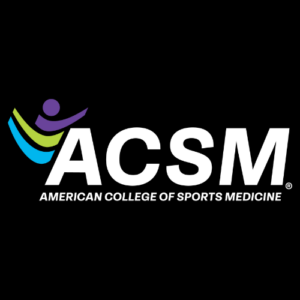
Need an expert or health and fitness story ideas? We can help connect you, just fill out the form below!
Members of the media may request articles that appear in any of our ACSM journals by emailing ACSM Chief Communications Officer Paul Branks. To qualify, journalists must produce content regularly for broadcast or publication.
![]()
Discover more about ACSM – including our history, resources, leadership and frequently asked questions – through our online media kit.
Can’t find what you’re looking for? Contact the media department for quick assistance by emailing Paul Branks.
6510 Telecom Dr.
Suite 200
Indianapolis, IN 46278
317-637-9200
317-634-7817
ACSM’s National Center hours are 8 a.m. to 5 p.m. ET Monday through Friday.
© 2025 ACSM. All Rights Reserved.